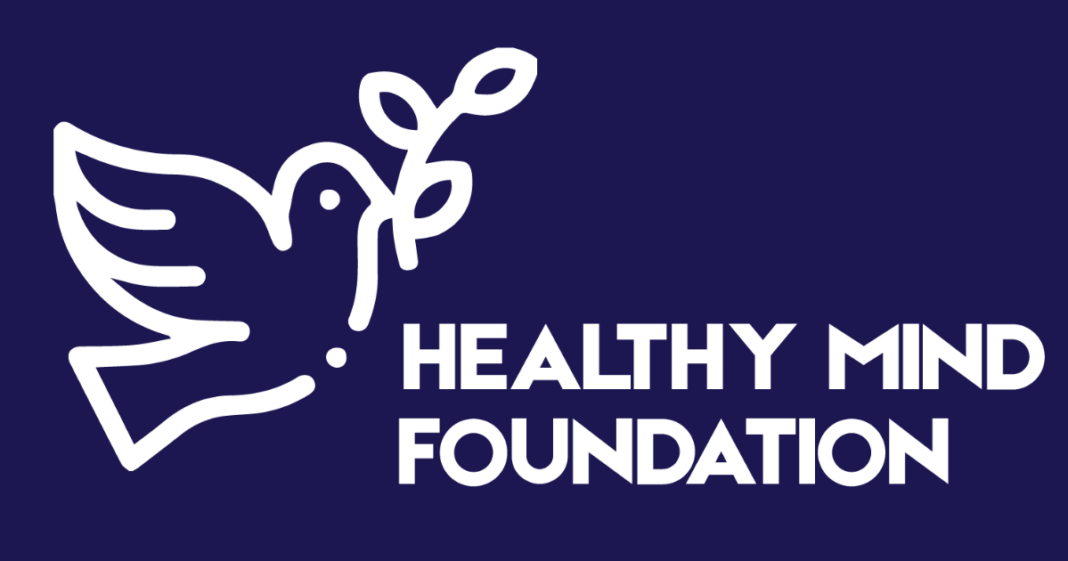Background
Building sustainable mental health systems in low- and middle-income countries (LMICs) has been a long-term concern.1 Philanthropy’s support of health services, even in high-income countries, has been criticised as unsustainable.2
In 2008, six of the master trainers, along with FN, founded the Pakistan Association of Cognitive Therapists (PACT) (pact.com.pk), along with the sister organisation, the Pakistan Academy of Cognitive Therapies, which started a cognitive behaviour therapy (CBT) diploma to produce accredited CBT therapists in Pakistan. In 2019, the online national CBT service (Dilkibaat.ca) was launched– on a no-profit, no-loss basis. At the time of its inception, PACT was the first national CBT organisation in Asia and the Middle East. Our focus was on the training and accreditation system and production of therapists. So, our commentary is focused on culturally adapted CBT development and on the development of a sustainable system that trains a new workforce of therapists.1 During the implementation phase, the above named organisations were instrumental in supporting our work, which trained nine CBT master trainers in Pakistan between 2006 and 2009. Along with the therapists, we produced high-quality but low-cost CBT therapists on the one hand and developed and disseminated culturally adapted CBT-based self-help manuals in local languages that were used to deliver guided self-help interventions.3
The team’s key priority was to develop a sustainable and efficient system for LMICs that was not dependent on philanthropy. The PACT’s initial funding source was the CBT training courses in Pakistan and other countries in the region. As well as culturally adapted CBT-based self-help books (eg, a paper version of the culturally adapted CBT-based self-help manual), Khushi Aur Khatoon (https://pact.com.pk/self-help/) sold over 1 million copies.4 We used the maximum potential of technology to cut costs, creating PACT as a ‘paperless’ organisation.
Culturally adapted CBT model5 made it easy to promote CBT in Pakistan, where there was very little knowledge of CBT when our work started. The original model of adaptation at inception was the Southampton adaptation framework which was developed in 2009 for depression and anxiety.1 Over the years, the model has been used for psychosis, populations and with individuals who experience obsessive-compulsive disorder. The details of these studies are noted in the most recent2 6 publications.
The points in this article include references to all our research conducted through a 15-year implementation period to adapt CBT using qualitative or mixed-methods approaches, involving the following sample groups in collaboration: patients, their caregivers, therapists or mental health professionals working with them, and community leaders. These studies have been reported elsewhere.7 The knowledge gained during the cultural adaptation of the CBT process was lengthy (we have documented this in our other published papers) and led to successes in developing workforce capacity to roll out culturally adapted CBT in LMICs, helping us to cultivate a culture of sustainability.8 Our driving principle was to use an inclusive equitable and ‘respectful democratic’ approach towards decision-making and team functioning. This approach cultivated frank discussions, with participation from all the team members, balanced by gender, without any implied hierarchy, while maintaining social norms.
Our work building and using this principle to underpin our methodology has highlighted three areas of cultural competence (the triple-A principle) in CBT: (1) awareness of culture and religion, (2) addressing barrier assessment and engagement and (3) adjustments in therapy techniques (‘technical adjustments’). The methodology we refer to in this article has been used in six countries to adapt CBT and in more than 20 randomised controlled trials that tested adapted therapy.7
Our commentary is based on our combined experience of practically setting up an organisation to promote CBT in Pakistan and narrates our efforts to locally implement and produce low-cost, low-intensity CBT therapists, while maintaining high standards of training and accreditation.


